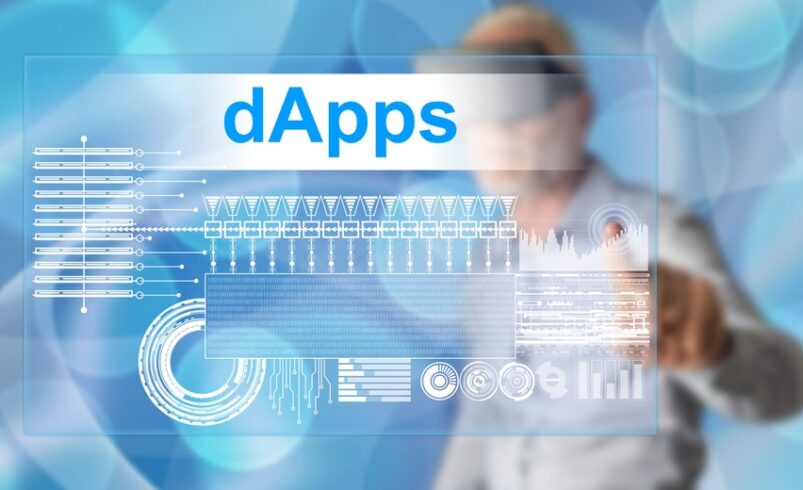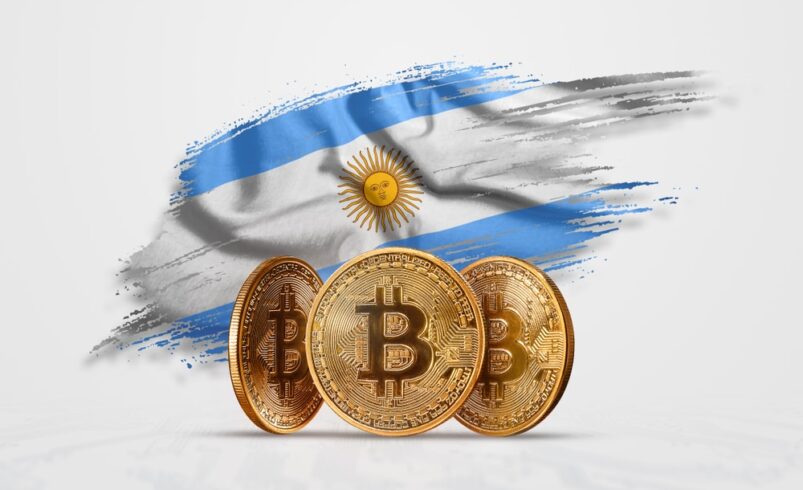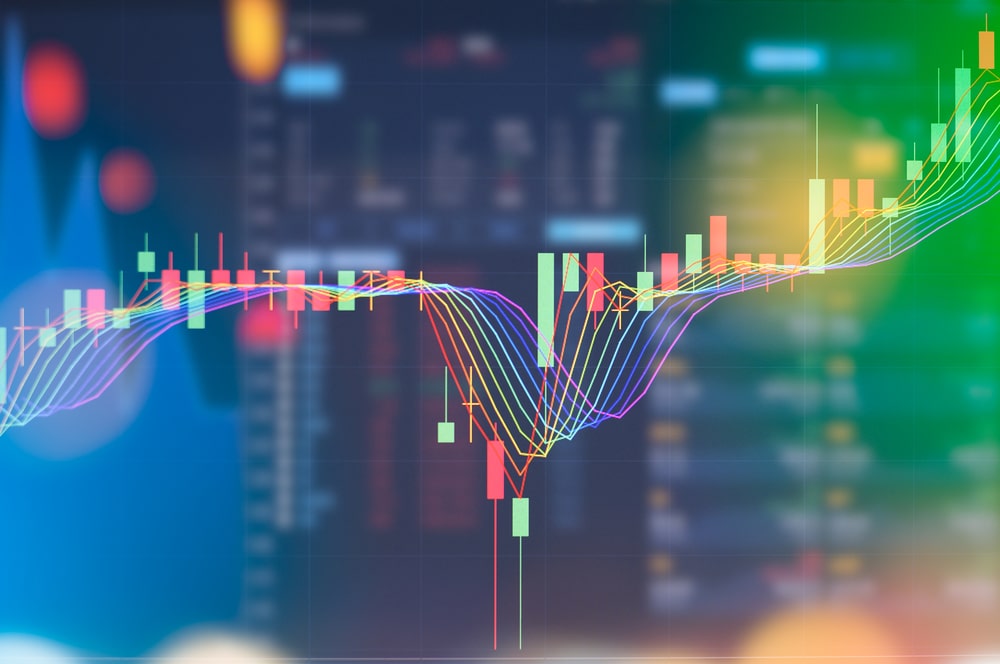What is Decentralized App (dApps)? Your Complete Guide Explained

Understanding Decentralized Applications (dApps)
Decentralized applications, often called dApps, are software solutions that operate on a peer-to-peer blockchain network rather than on a solitary computing system. These applications leverage smart contracts, and many initially emerged on the Ethereum platform.
To qualify as a dApp, as highlighted in David Johnston’s work “The General Theory of Decentralized Applications, Dapps,” an application should adhere to specific prerequisites:
- It should be open-source and function independently, without a dominant entity controlling most of its tokens.
- The dApp can refine its protocol based on enhancements and user feedback, but all modifications must be determined through its user consensus.
- It must utilize a cryptographic token (either Bitcoin or a system-specific token) for accessing the application, and any value contributions (from miners or farmers) should be compensated with the application’s tokens.
- The dApp should produce tokens using a recognized cryptographic algorithm, which evidences the value nodes provide to the application.
Contrasting Decentralized Applications with Traditional Software
Conventional software applications are engineered to undertake designated tasks. They guide computers in executing user-specified commands. Examples encompass payroll tools, spreadsheets, and word-processing software.
While dApps may have similar front-end code, their backend is distinct, boasting a richer feature set. With the release of a dApp’s codebase, anyone can develop further while operating on a decentralized peer-to-peer network. They can cater to various sectors, including self-enacting financial contracts, online gaming, and social networking.
DApps in Modern Finance
Traditional financial operations like lending, borrowing, and savings typically revolve around central institutions like banks. However, in a landscape progressively shifting towards blockchain and cryptocurrencies, how would these operations adapt?
DApps present a revolutionary approach, enabling financial activities within a decentralized framework. Supported by blockchain-ledger systems, they operate over decentralized networks, empowering users to process data across vast networks and execute financial tasks.
Applications of dApps include:
- Ensuring secure blockchain-driven voting and governance.
- Operating as browser plugins for ad delivery, user behavior tracking, and cryptocurrency donations.
- Industries utilizing dApps range from financial services, supply chain management, and identity verification to sectors like real estate, healthcare, education, social media, and predictive markets.
Pros and Cons of Using dApps
Benefits:
- Continuous uptime with no centralized failure points.
- Enhanced privacy due to anonymous transactions via smart contracts without central intermediaries.
- Immunity to censorship, ensuring data permanence and integrity.
- Versatility, especially with platforms like Ethereum, allows innovative digital application development across industries.
- Assured data accuracy, preventing malicious alterations.
Limitations:
- Maintenance can be challenging due to the immutable nature of blockchain, making updates and fixes cumbersome.
- Scaling difficulties arise from the requirement of nodes to run and archive every transaction.
- The complexity of tools needed for secure blockchain interaction can be daunting for average users, making user-friendly experiences hard to design.
- The absence of central governance can delay updates, even for minor issues, as consensus is a requisite.
- Current dApps might be intimidating for non-tech-savvy individuals, requiring specific browsers and a more intricate setup process.
Leading Decentralized Applications at Present
UNISWAP:
Originating from the US in November 2018, UNISWAP is a decentralized platform that facilitates the exchange of ERC-20 tokens. It boasts over 150k users monthly and manages an average daily trading volume of $2.5 billion, placing it among the prominent digital currency exchanges online.
PANCAKE SWAP:
Though it originates from the source code of Uniswap based on the Ethereum blockchain, Pancake Swap functions as an Automated Market Maker within the Binance Smart Chain (BSC) ecosystem. This platform facilitates the trade of BEP-20 tokens and provides multiple functionalities, including staking, farming, and engaging in various activities.
AAVE:
AAVE is a transparent liquidity protocol available to the public. It offers a decentralized avenue for users to lend, borrow, stake, and accrue interest on digital asset deposits. One distinguishing feature of AAVE is its capability to execute flash loans swiftly and enable users to influence policy and major decisions through the native token.
OPENSEA:
Having the distinction of being among the first NFT marketplaces to receive widespread recognition, OpenSea was introduced in December 2017. Initially created on the Ethereum network, it incorporated the Polygon blockchain to optimize transaction expenses. It houses over 10K diverse NFT initiatives, including well-known brands like Bored Ape Yacht Club, Crypto Punks, and The Meebits.
RARIBLE:
Rarible, an NFT marketplace on the Ethereum blockchain, facilitates the trade of NFTs across various chains. It allows users to trade, create, and display NFTs. Its genres span from photography to 3D artistry. The RARI token will also enable users to influence the platform’s direction.
The Evolution and Prospect of Decentralized Applications (dApps)
Decentralization involves the dispersion of authority. This means that power and control over information or systems are distributed, eliminating dependence on centralized entities like primary servers or significant corporations.
dApps possess the potential to alter our routines, from work to communication, profoundly. Such innovations can revolutionize the internet, bolstering the fight against online restrictions and enhancing trust in systems. By capitalizing on peer-to-peer structures, dApps can transform business models.
Incorporated into our daily lives, these tools can optimize efficiency, minimize costs, and eradicate intermediaries from numerous transactions. Anticipation is high regarding the evolution and acceptance of dApps in the forthcoming years.
Federico Ast of Kleros emphasizes that skepticism towards blockchain is a transient phase. He maintains a positive outlook on the future of dApps, reminding us that novel technologies often face initial apprehension.
The myriad advantages dApps offer have led many to view them as pivotal in the evolution of the internet. They promise enhanced security via distributed storage, augmented scalability through distributed computation, and more.
Yet, dApps remain in their developmental phase. As they mature, how their potential is harnessed remains to be seen. Some speculate that given their numerous benefits, dApps might eventually supersede specific centralized applications in the future landscape.
DISCLAIMER: It's essential to understand that the content on this page is not meant to serve as, nor should it be construed as, advice in legal, tax, investment, financial, or any other professional context. You should only invest an amount that you are prepared to lose, and it's advisable to consult with an independent financial expert if you're uncertain. For additional details, please review the terms of service, as well as the help and support sections offered by the provider or promoter. While our website strives for precise and impartial journalism, please be aware that market conditions can shift unexpectedly and some (not all) of the posts on this website are paid or sponsored posts.









